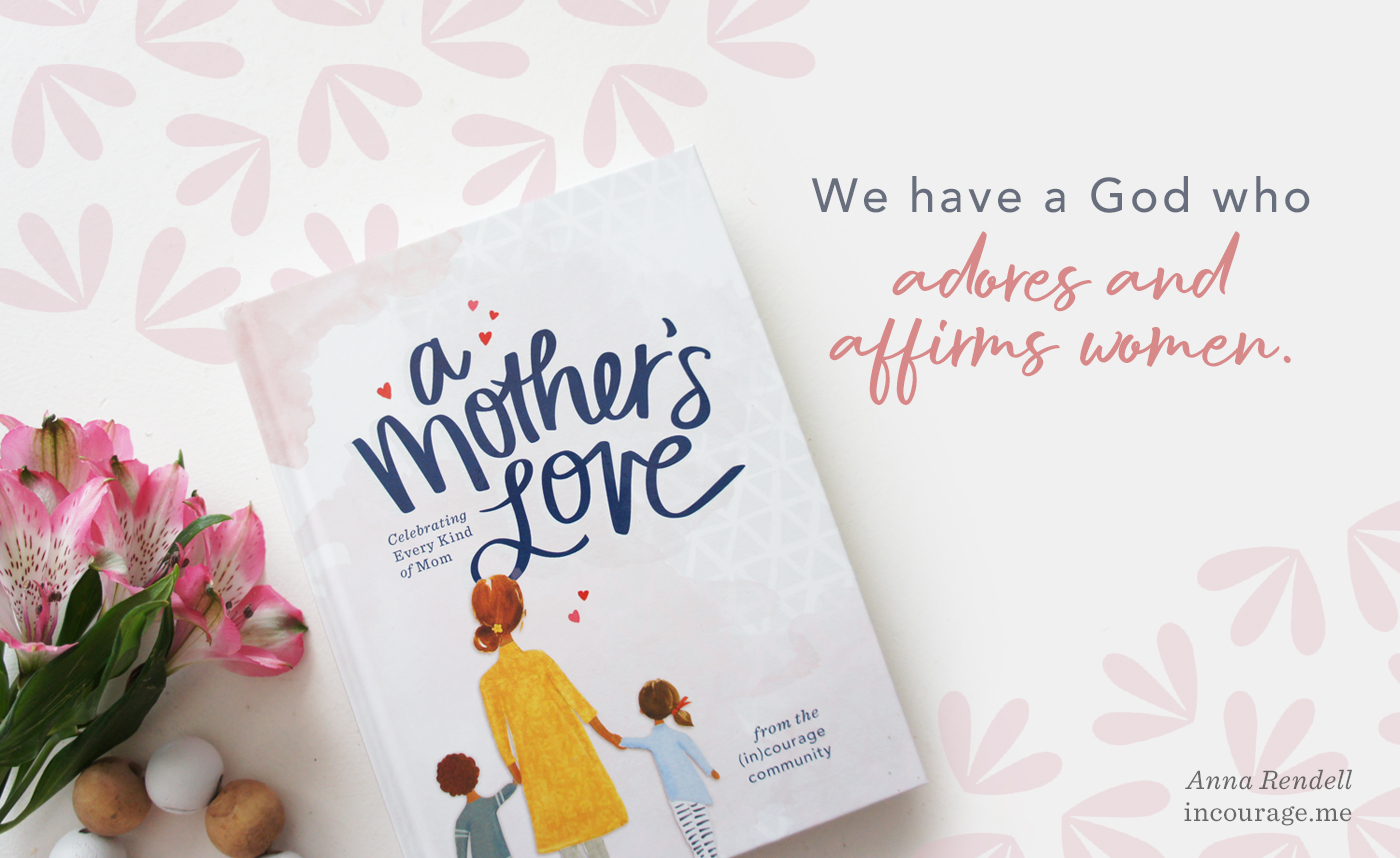I remember standing in the mirror in the dimly lit cabin we rented. The morning was a whirlwind of, “Who has the shampoo?” and, “I need more conditioner!” Steam everywhere, three girls were trying to share one mirror for the first time.
As I turned sideways, I caught myself doing something I’d probably done a thousand mornings before — that critical once-over we women seem to master by about age thirteen. But that warm morning, something stopped me. As sunlight streamed through the window, highlighting my perceived flaws that would soon be exposed in swimsuits and summer clothes, I noticed them . . . and I did not despise them.
Through the mirror, I saw the eyes of my stepdaughters watching me — not just my movements, but my relationship with my own reflection. In that moment, I realized that every word I spoke about myself, every gesture of self-criticism or acceptance, would echo in their minds as they stood before their own mirrors in the years to come. So, I quickly straightened my shoulders, ignored my urge to analyze my rounding curves and put the focus on my smile (and theirs) in the mirror.
The years that followed brought plenty of moments less graceful than that first morning. Like the morning I found myself telling my daughter, “You can flood this bathroom floor with your tears, but none of that will make my curling iron and dry shampoo re-appear.” I cringe a little remembering my dramatic delivery on that one but, honestly, those curling iron battles became part of our story. These weren’t just squabbles about beauty tools; they were moments of learning how to love each other through the everyday chaos.
We had our share of clothing debates, too. I remember saying things like, “Your shorts can’t be shorter than mine because mine are already too short!” And my youngest, bless her heart, never met a rhinestone she didn’t love.
It’s funny how these little moments stick with you. God was teaching us something deeper about seeing ourselves as His children first, about finding our identity in being loved by Him rather than in our reflection. As Psalm 139:14 reminds us: “I praise you because I am fearfully and wonderfully made; your works are wonderful, I know that full well.”
Years later, we found ourselves preparing for another summer day, but this time, I was the one watching as my daughter gazed at her reflection. Her shoulders were straight, her smile confident — not because she’s perfect, but because she knows whose she is. She’s a woman now, pursuing the purpose God has written on her heart.
My daughter doesn’t fret about how her body will look in a swimsuit. Instead, she’s excited about building sandcastles, snorkeling with her siblings, feeling the warm sun on her skin, and using the strength of her legs to wade through crashing waves. Her body isn’t something to hide or criticize — it’s a gift meant for living and loving well.
In that moment, as she applied her sunscreen and a touch of makeup, I noticed what she didn’t do — there was no subtle sucking in of her stomach, no critical tilting of her head. Instead, she saw what God sees: a beloved daughter, created in His image.
And, in the mirror’s reflection, I catch her eye and we share a smile, both remembering all the moments that led us here.
Sometimes the most real changes happen in these everyday moments, in bathrooms with foggy mirrors and borrowed curling irons, in choosing to see beauty through God’s eyes instead of the world’s lens. Through all of it — the borrowed makeup, the late-for-school mornings, the tears over teenage insecurities — we were building something real. Something that went way deeper than curling irons and rhinestones.
Perhaps the greatest gift we can give our daughters isn’t perfect bodies or flawless beauty advice, but the freedom to see themselves as God does — as vessels of purpose and love, designed not for magazine covers but for serving others with the unique beauty they bring to the world. Their worth measured not in inches or pounds, but in the love they share and the purpose they fulfill.
Looking back now, I realize those early mirror moments weren’t just about getting ready for the day. They were about getting ready for life, about learning to see ourselves and each other through eyes of love instead of criticism.
And that view? It’s better than any reflection in any mirror could ever be.





